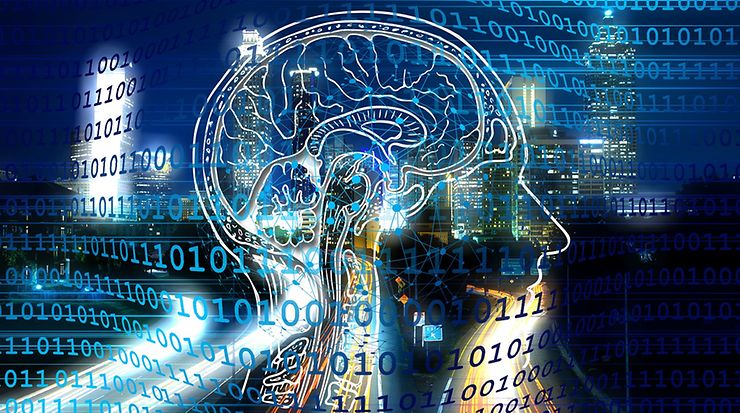Digital Transformation

Shorter innovation and product development cycles at even shorter intervals are putting cities’ ability to act to the test. Despite financial, administrative, regulatory and technical uncertainties, municipalities and communities should nevertheless strive for a sustainable development in the sense of the Leipzig Charter and guarantee services of general interest to their citizens.
Confronted with these uncertainties, municipal administrations face numerous challenges. The keywords are eGovernment processes, high investments in new infrastructures, digital planning, procurement law, data collection, data protection, knowledge management, resilience and many more. Over the past decades, standards have made it possible to ensure sufficient planning certainty in technical matters and to minimize the risk of bad investments, in some of the aforementioned areas.
The technology convergence of the Smart Cities theme, especially the fusion of information technology with formerly analog sectors, requires a holistic view and calls for greater interaction between technology provider (industry) and user (community). These new linkages result in new challenges in the organization of interfaces, technical responsibilities, and interdepartmental communication. In the context of this discussion, DIN working groups developed the following definition: Smart Citiy refers to a settlement area in which systemically (ecologically, socially and economically) sustainable products, services, technologies, processes and infrastructures are used, usually supported by highly integrated and networked information and communication technologies.
With the Smart City Standards Forum (SCSF), DIN brings together the relevant stakeholders and looks at a range of highly topical issues such as artificial intelligence (AI), building information modeling (BIM), Circular Economy, and resilience. DIN also orchestrates the development of standards, workshop agreements and specifications such as DIN SPEC 91387 “Communities and digital transformation – overview of the spheres of activity”, provides publications on the topic of Smart Cities, and is actively involved in Smart City research projects in order to transfer their results to standardization.


